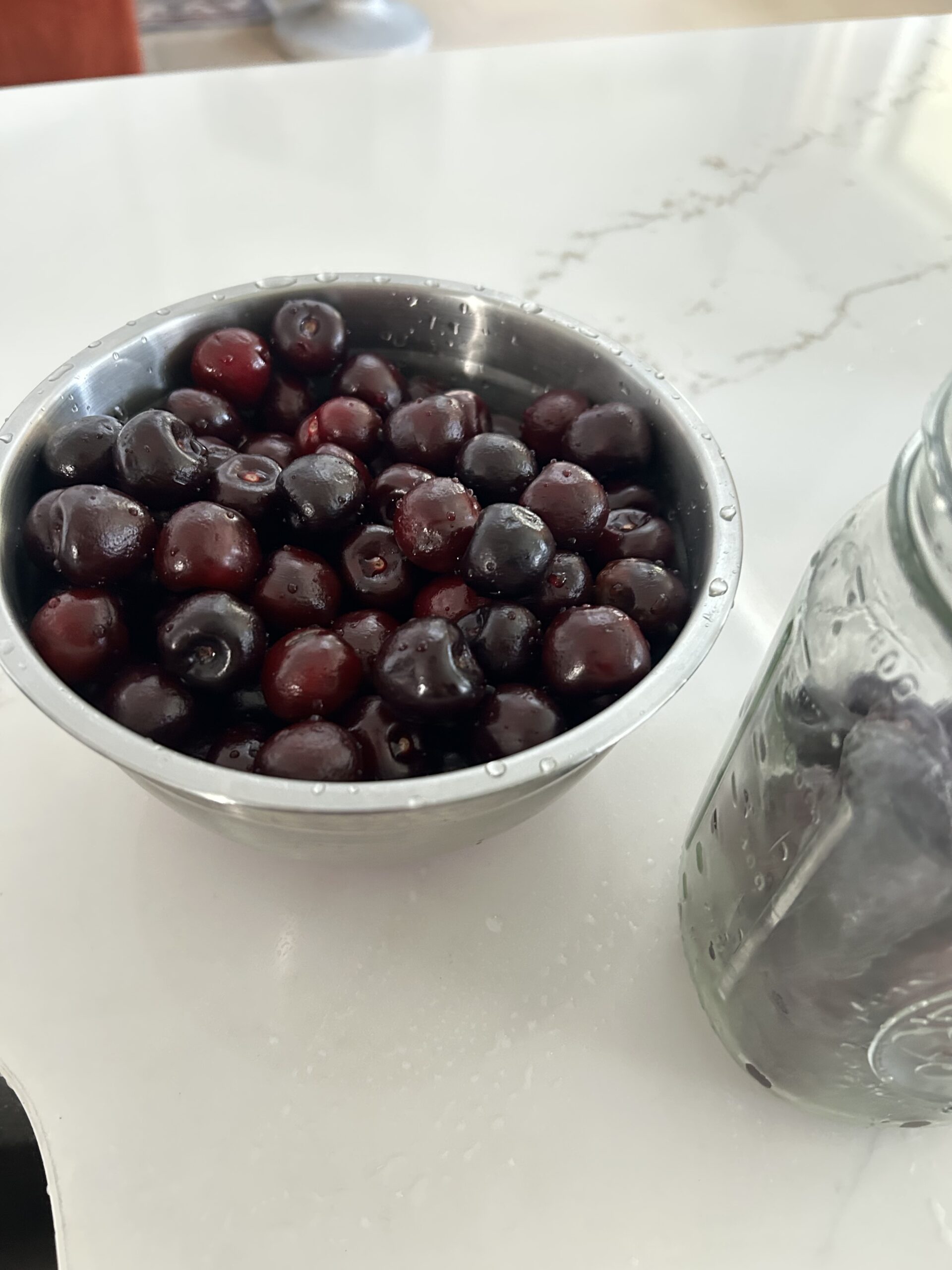A healthy menstrual cycle sets the stage for a healthy pregnancy. It is a reflection of hormonal balance, adequate nutrient stores, egg quality, blood sugar balance, and much more.
Fertility journey: TTC (Trying to Conceive) which falls under the Preconception stage, Pregnancy, and lastly Postpartum.
Look at maternal and paternal health (labs to assess: total and free testosterone,
Best high quality prenatal supplement on the market for women and men: https://wenatal.com/pages/ingredients
Another high quality prenatal supplement: https://www.pureencapsulationspro.com/prenatal-nutrients-ref.html
Even if you’re not TTC or pregnant it’s always a good move to optimize fertility and support hormone health as well as healthy menstrual cycles by taking a prenatal (higher doses of key nutrients) instead of a multivitamin.
Here are 9 non-negotiable nutrients to support fertility. Foods to help support optimal fertility based on the specific nutrients they contain.
Optimizing these nutrients isn’t just about pregnancy—it’s about long-term health for both mom and baby. Prioritize nutrient density. Real, Whole foods first, supplements as needed. Real, whole foods are vegetables, fruits, meat, poultry, fish and seafood, dairy products, nuts, seeds, legumes, and whole grains. Ideally the vegetables and fruits are in season, eaten soon after being harvested, and grown without the use of pesticides.
Top nutrients to support fertility:
— Vitamin D: supports egg quality, implantation, and hormone balance: it’s found in fatty fish (salmon, mackerel, sardines), egg yolks, dairy and plant based milk, cod liver oil, and mushrooms.
— Omega 3 fatty acids: reduce inflammation and support baby’s brain and eye development: it’s found in fatty fish (salmon, mackerel, sardines, anchovies), chia seeds, hemp seeds, flaxseeds, and walnuts
— Folate: crucial for DNA synthesis and preventing birth defects: it’s found in dark leafy greens like spinach, kale, Swiss chard, lentils, avocados, asparagus, and citrus fruits.
— Iron: needed for oxygen transport and ovulation: it’s found in heme-iron rich foods such as red meat, liver, oysters, clams, and mussels, in non-heme iron sources like lentil, spinach, pumpkin seeds, quinoa, tofu (pair with Vitamin C sources for better absorption.
— Choline: critical for fetal brain development and reducing neural tube defects: it’s found in egg yolks, beef liver, chicken, fish (salmon/cod), and brussel sprouts.
— Zinc: improves egg quality and hormone balance: it’s found in oysters (highest source), red meat, pumpkin seeds, chickpeas, and cashews.
— Iodine: supports thyroid health which is essential for fertility. It’s found in seaweed (kelp, nori, wakame), Cod, dairy products (yogurt, milk), eggs, and iodized salt.
— Vitamin A: essential for hormone production and embryo development: it’s found in liver (beef, chicken), sweet potatoes, carrots, spinach, and egg yolks.
— Vitamin B12: supports ovulation and healthy methylation: it’s found in shellfish (clams, oysters), Liver (beef, chicken), fatty fish (salmon, trout), eggs, and fortified plant based foods like nutritional yeast, plant milks)
Factors leading to rising infertility rates:
- Poor nutrition (nutrient deficiencies)
- Increased toxin exposure (pesticides for both men and women, EDC’s in personal care products, air quality, water quality, environmental toxins)
- Poor overall sleep quality
- Sedentary lifestyles (less movement)
- Increased stress
Referrals:
- Acupuncture

Read & Leave a Comment
Share